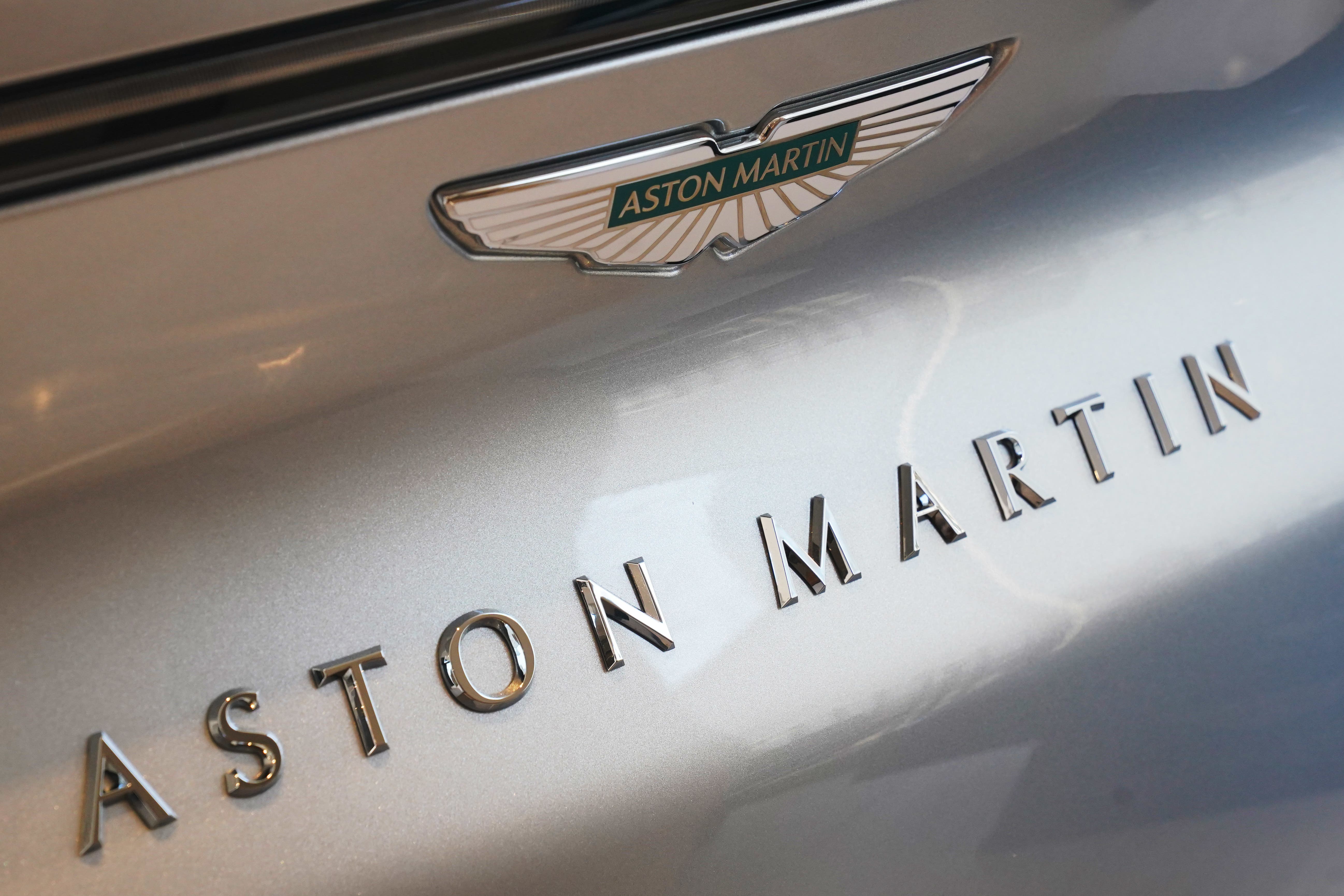Aston Martin Lagonda has warned it expects to plunge into the red, with underlying losses now forecast to exceed £110 million, amid mounting pressure from US tariffs and supply chain disruptions following Jaguar Land Rover’s recent cyber attack.
This marks the second downgrade to its financial outlook since early July, triggering an 11 per cent slump in its shares during Monday morning trading.
The luxury carmaker attributed the revised forecast to "heightened challenges in the global macroeconomic environment," specifically highlighting the ongoing impact of tariffs.
This is projected to lead to a mid-to-high single-digit percentage decline in wholesale volumes, with North America and Asia showing particularly weak performance.
Adding to its concerns, the company also flagged worries over the wider industry supply chain, severely impacted by the cyber attack on Jaguar Land Rover in late August.
JLR’s subsequent month-long manufacturing halt and partial resumption of operations have placed immense pressure on smaller suppliers, creating a ripple effect across the sector.
In response to the tougher trading conditions, Aston Martin bosses have launched an "immediate" review of costs and spending.

The Government announced it would underwrite a £1.5 billion loan guarantee to JLR to give suppliers some certainty over payments, but many are still said to be suffering severe cash shortages.
JLR has the largest supply chain in the UK automotive sector, which employs around 120,000 people and is largely made up of small and medium-sized businesses.
Aston Martin said: “The global macroeconomic environment facing the industry remains challenging.
“This includes uncertainties over the economic impact from US tariffs and the implementation of the quota mechanism, changes to China’s ultra-luxury car taxes and the increased potential for supply chain pressures, particularly following the recent cyber incident at a major UK automotive manufacturer.”
The group has seen shares come under pressure this year over concerns about the impact of US president Donald Trump’s tariff war.
The firm limited shipments to the US in the second quarter after Mr Trump imposed a 25 per cent tariff on car imports in April.

It then resumed shipments in June as the UK reached an agreement with the US for a lower 10 per cent tariff on UK-made cars for the first 100,000 vehicles per manufacturer.
Anything above that threshold will be hit with a 27.5 per cent duty.
But Aston Martin said on Monday the tariffs were still having an impact on performance.
It said: “For UK automotive manufacturers, the introduction of a US tariff quota mechanism adds a further degree of complexity and limits the group’s ability to accurately forecast for this financial year end and, potentially, quarterly from 2026 onwards.
“The group continues to engage with both the US and UK governments to secure greater clarity and certainty.
“Whilst positive dialogue on this matter has been achieved directly with the US government, the company continues to seek more proactive support from the UK Government to protect the interests of small volume manufacturers, like Aston Martin, who provide thousands of jobs, making an important contribution to local economies and to the wider UK automotive supply chain.”
It hopes that profitability and free cash flow will “materially” improve in 2025-26 as it cuts costs and ramps up delayed production of its Valhalla model – the group’s first plug-in hybrid mid-engine supercar.
UK’s construction slump eases despite prolonged stretch of job cutting
Getting right support for autistic son ‘felt like a battle’ – EastEnders actress
Minister backs Gary Neville and condemns ‘people stoking division’ in society
Tories pledge to scrap business rates for shops and pubs
£480m payout could be due to UK Apple and Samsung smartphone users







